Conclavoscope - Cardinal Fernando Filoni
Cardinal Profile and Assessment
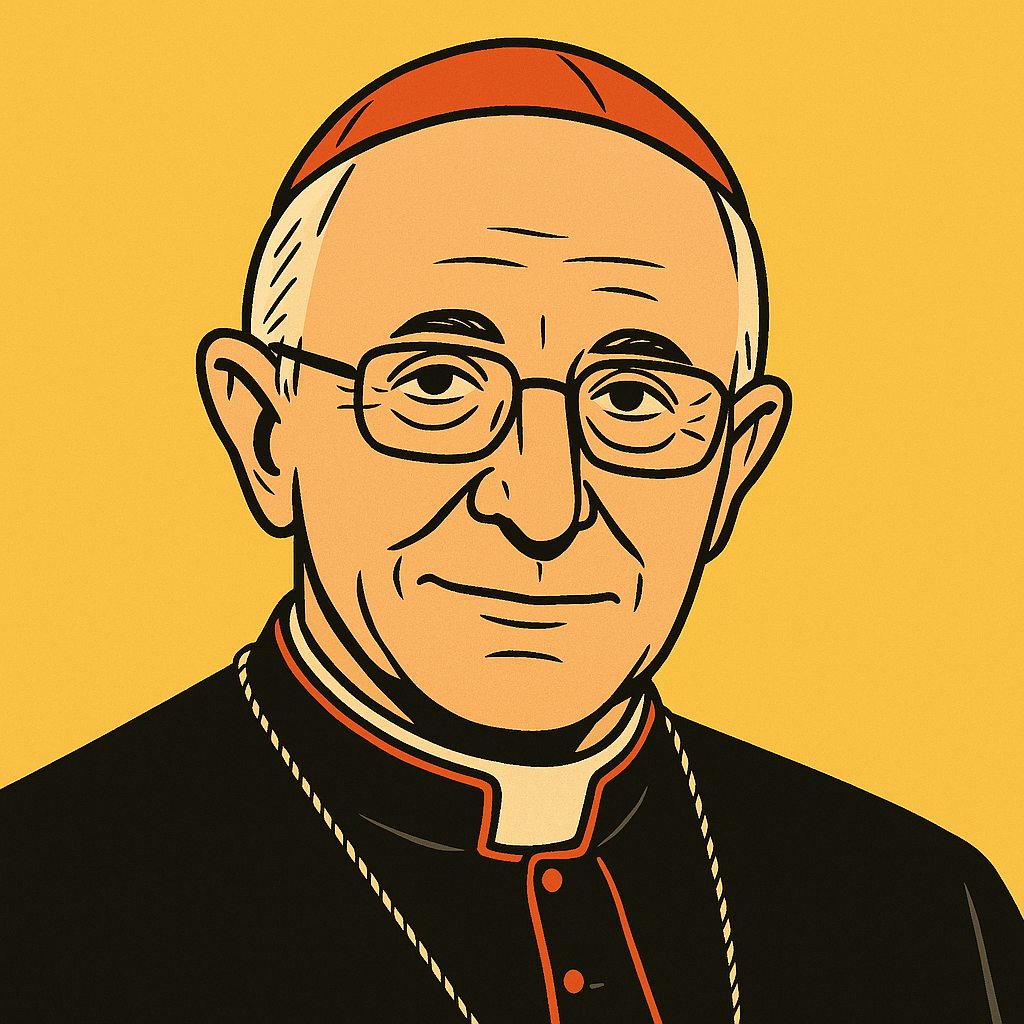
Italian cardinal, Grand Master of the Order of the Holy Sepulchre, former prefect of the Congregation for the Evangelization of Peoples, known for his missionary and diplomatic experience.
| Criterion | Tendency |
|---|---|
| Moral doctrine | Very conservative |
| Liturgy | Conservative |
| Sociopolitical | Very progressive |
| Relationship with Pope Francis | Conservative |
| Dialogue | Very progressive |
| Communication | Very progressive |
| Overall tendency | Centrist |
Fernando Filoni was born on April 15, 1946, in Manduria, in the Puglia region of Italy. Ordained a priest in 1970, he joined the Holy See's diplomatic service in 1981. His diplomatic career led him to sensitive posts, notably in Iran during the Iran-Iraq war, in Brazil, the Philippines, and especially in Iraq, where he was apostolic nuncio from 2001 to 2006. He remained at his post even during the American invasion of 2003, earning him special recognition for his courage and pastoral commitment.
From 2007 to 2011, he was Substitute for General Affairs in the Secretariat of State, a strategic position at the heart of Vatican governance. In 2011, Benedict XVI appointed him Prefect of the Congregation for the Evangelization of Peoples, a position he held until 2019. He was created a cardinal in 2012.
Since 2019, he has been Grand Master of the Equestrian Order of the Holy Sepulchre of Jerusalem, an honorary but influential position, particularly in terms of support for Christians in the Holy Land.
Filoni is generally considered moderately conservative. He is attached to doctrinal tradition while being open to intercultural dialogues, particularly in Asia. His approach is pragmatic, centered on the Church's evangelizing mission.
His experience and past functions ensure him a certain respect among the cardinals, particularly those appointed by Benedict XVI. However, he does not seem to have a sufficiently structured support bloc to carry a strong candidacy.
Cardinal Filoni is a staunch defender of traditional Catholic moral teachings. His extensive background in philosophy and canon law, along with his service in various Vatican roles, underscores his commitment to upholding the Church's moral doctrine.
Cardinal Filoni demonstrates a deep respect for liturgical tradition and ecclesiastical discipline. His tenure as Prefect of the Congregation for the Evangelization of Peoples reflects his commitment to preserving the integrity of liturgical practices within the Church.
Cardinal Filoni demonstrates a strong commitment to social justice, particularly in serving the poor and marginalized. He has actively engaged in issues related to poverty, corruption, and social inclusion, aligning with progressive sociopolitical engagement.
Cardinal Filoni has maintained a collaborative relationship with Pope Francis, notably serving in various capacities within the Church. His appointments reflect the trust placed in him by the Holy See.
With extensive diplomatic experience, Cardinal Filoni has emphasized the importance of interreligious dialogue, particularly in promoting peace and mutual understanding among different faith traditions.
Known for his diplomatic acumen, Cardinal Filoni communicates the Church's positions with clarity and precision, effectively representing the Holy See in complex international settings.
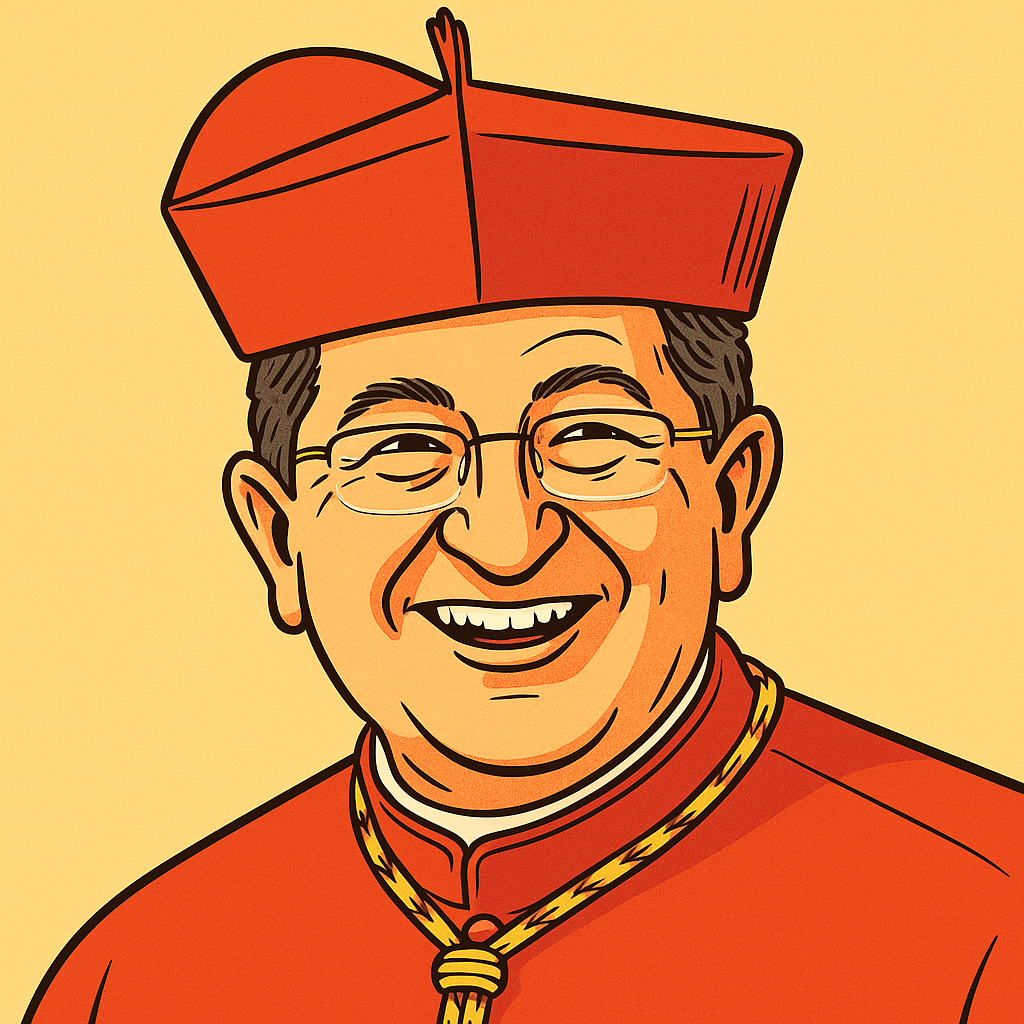
Italian cardinal, Archbishop of Florence, known for his conservative doctrinal positions and intellectual work, while remaining engaged in pastoral dialogue.
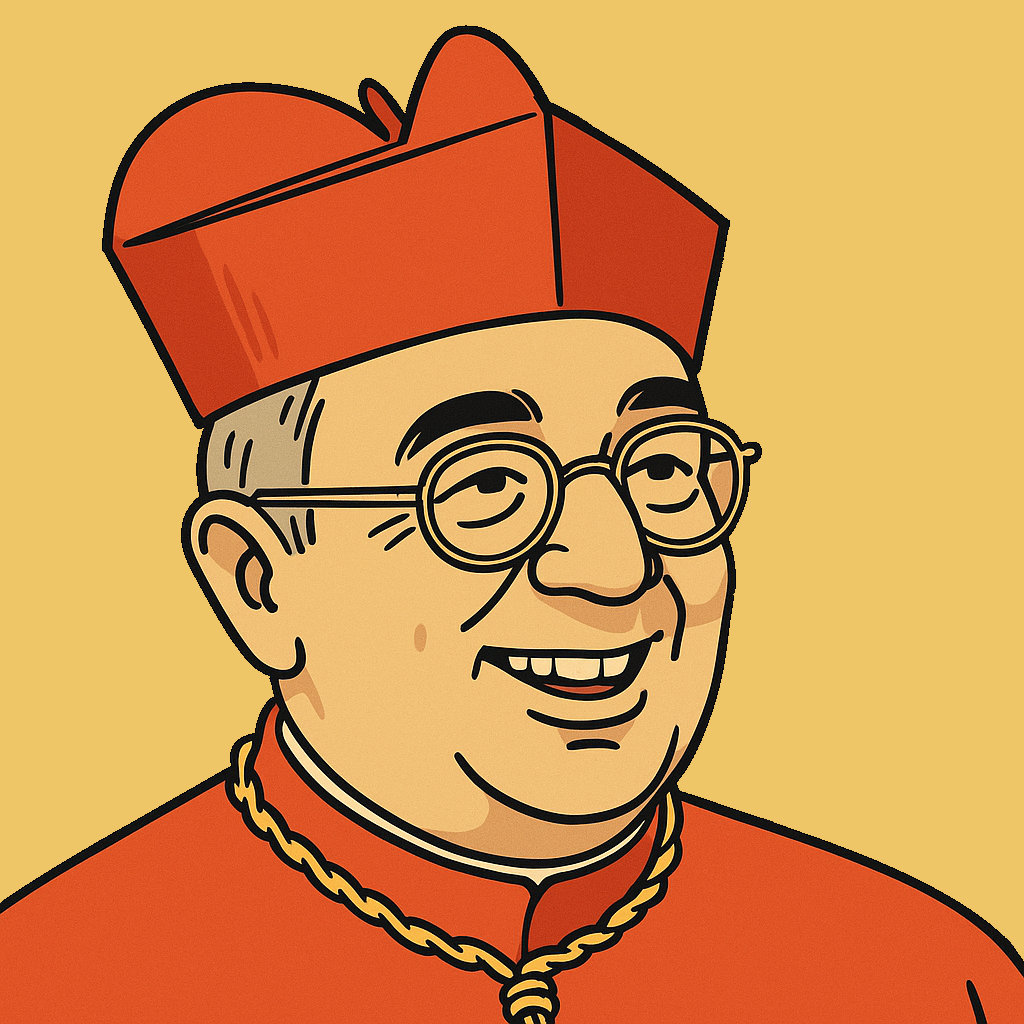
Italian cardinal, former vicar general of the pope for the diocese of Rome, known for his balance between liturgical tradition and moderate pastoral openness.
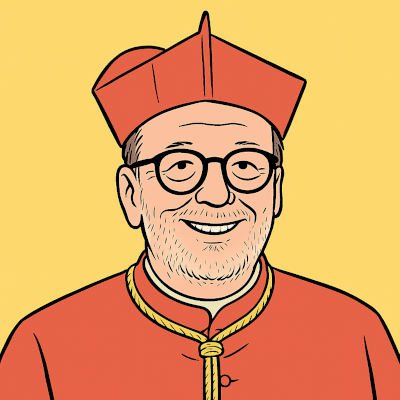
Italian cardinal, former apostolic nuncio, known for his diplomatic expertise and knowledge of Eastern Churches, combining liturgical tradition and openness to dialogue.

Netherlands
Dutch cardinal, Archbishop of Utrecht, physician and bioethicist, known for his very conservative positions on bioethical and moral issues, and his defense of traditional doctrine.
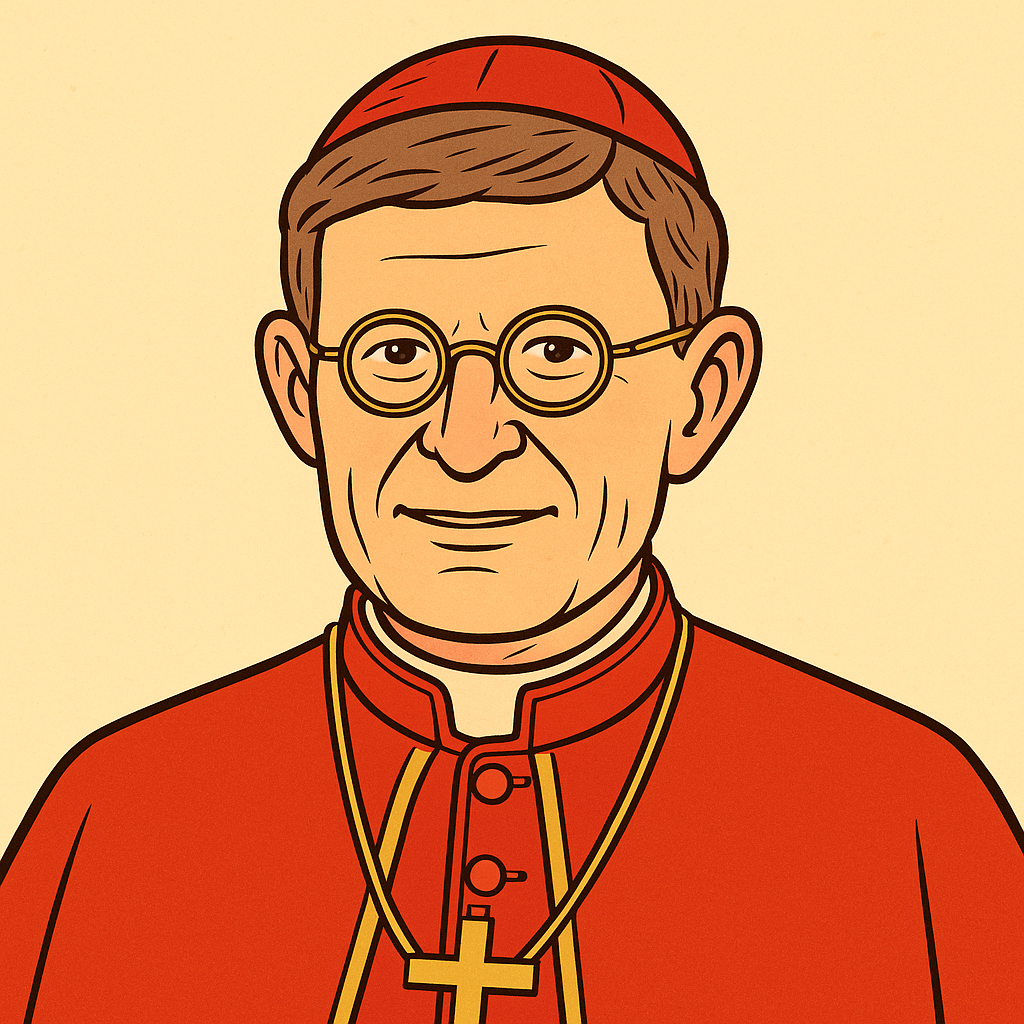
Germany
German cardinal, Archbishop of Cologne, known for his conservative positions and controversial leadership, particularly in handling sexual abuse and his opposition to certain reforms.
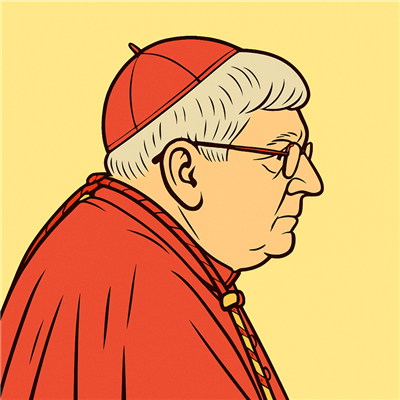
Canada
Canadian cardinal, Archbishop Emeritus of Toronto, known for his conservative positions on issues of moral doctrine and his commitment to defending religious freedom.

Canada
age: 79
Canadian cardinal, Archbishop Emeritus of Toronto, known for his conservative positions on issues of moral doctrine and his commitment to defending religious freedom.
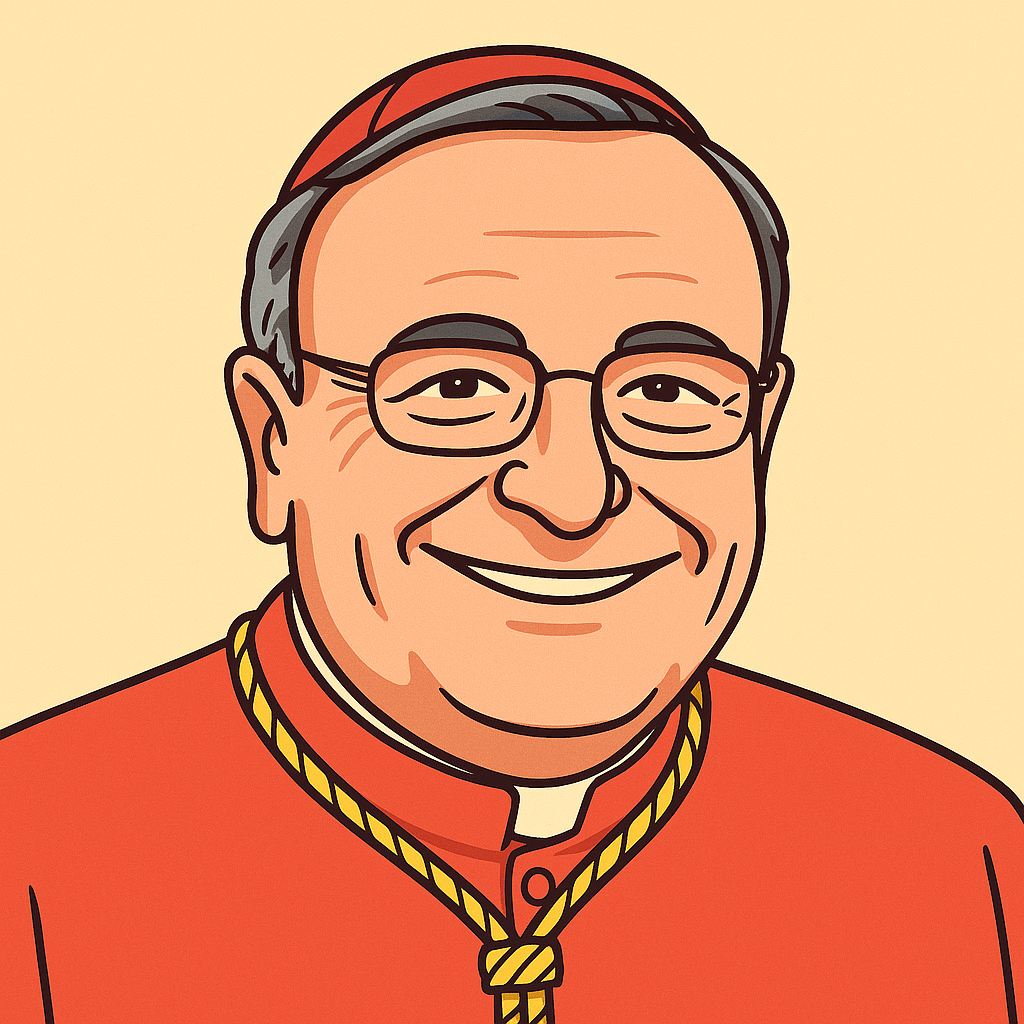
Italy
age: 79
Italian cardinal, Archbishop Emeritus of Agrigento, known for his commitment to migrants and his open pastoral approach while remaining faithful to tradition.
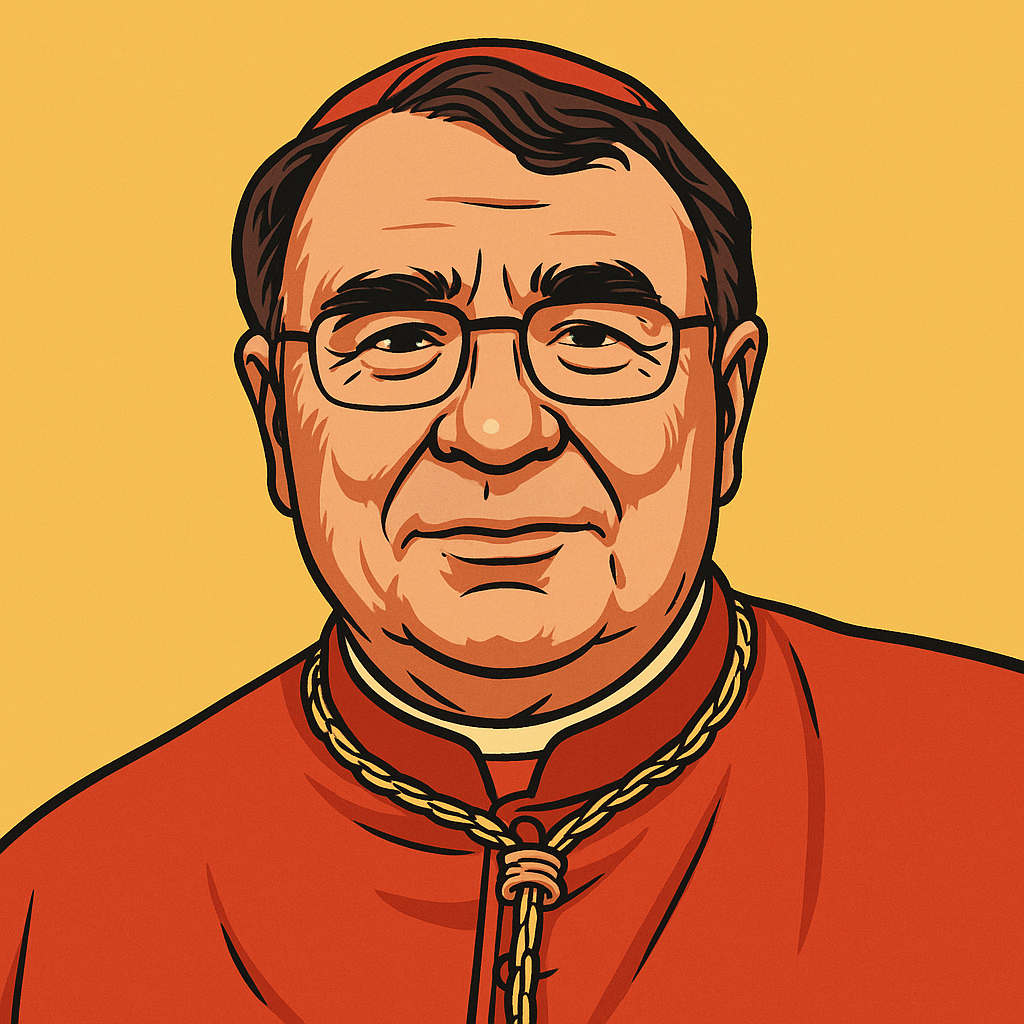
France
age: 79
French cardinal, apostolic nuncio to the United States, known for his diplomacy and moderate approach, seeking to maintain unity despite divisions.
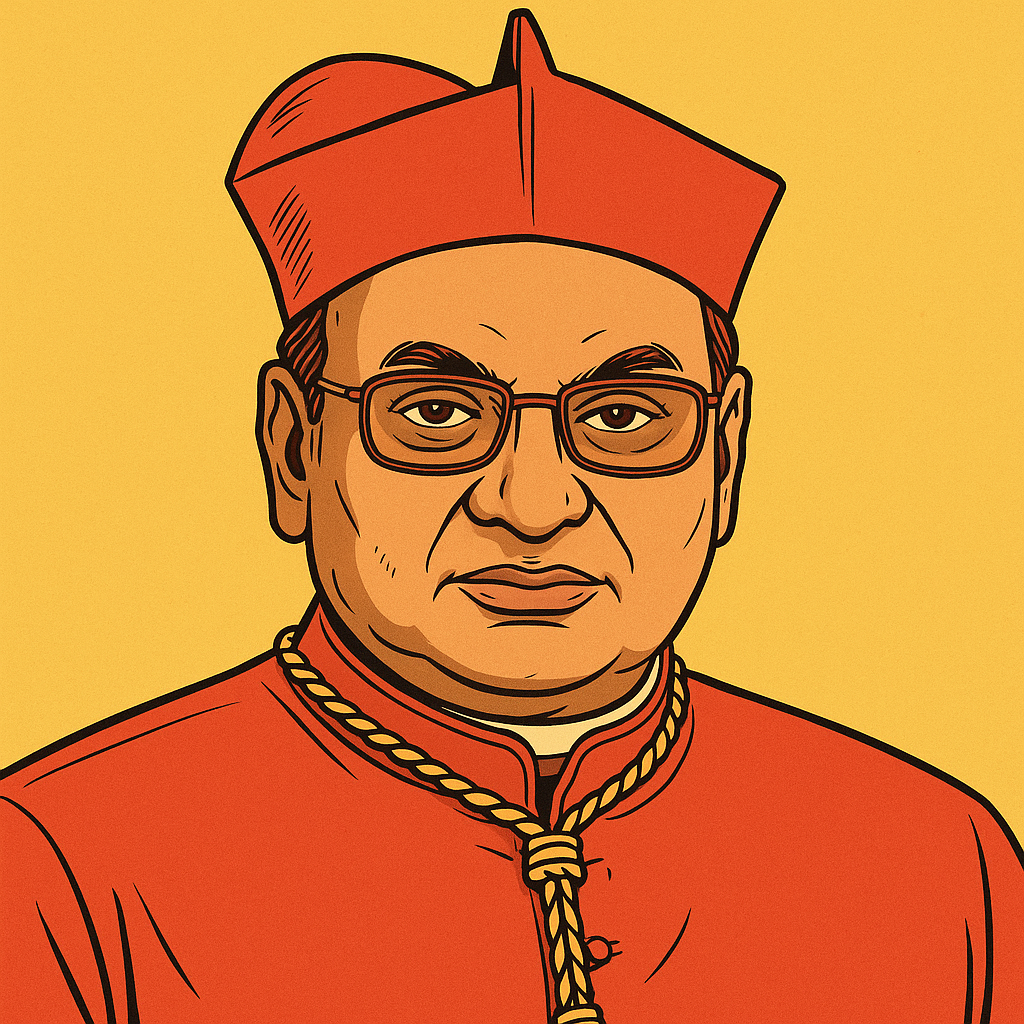
Sri Lanka
Sri Lankan cardinal with strong traditionalist positions, known for his attachment to traditional liturgy and defense of Catholic doctrine.

Germany
German cardinal, former prefect of the Congregation for the Doctrine of the Faith, known for his very conservative positions and vigorous defense of traditional doctrine.
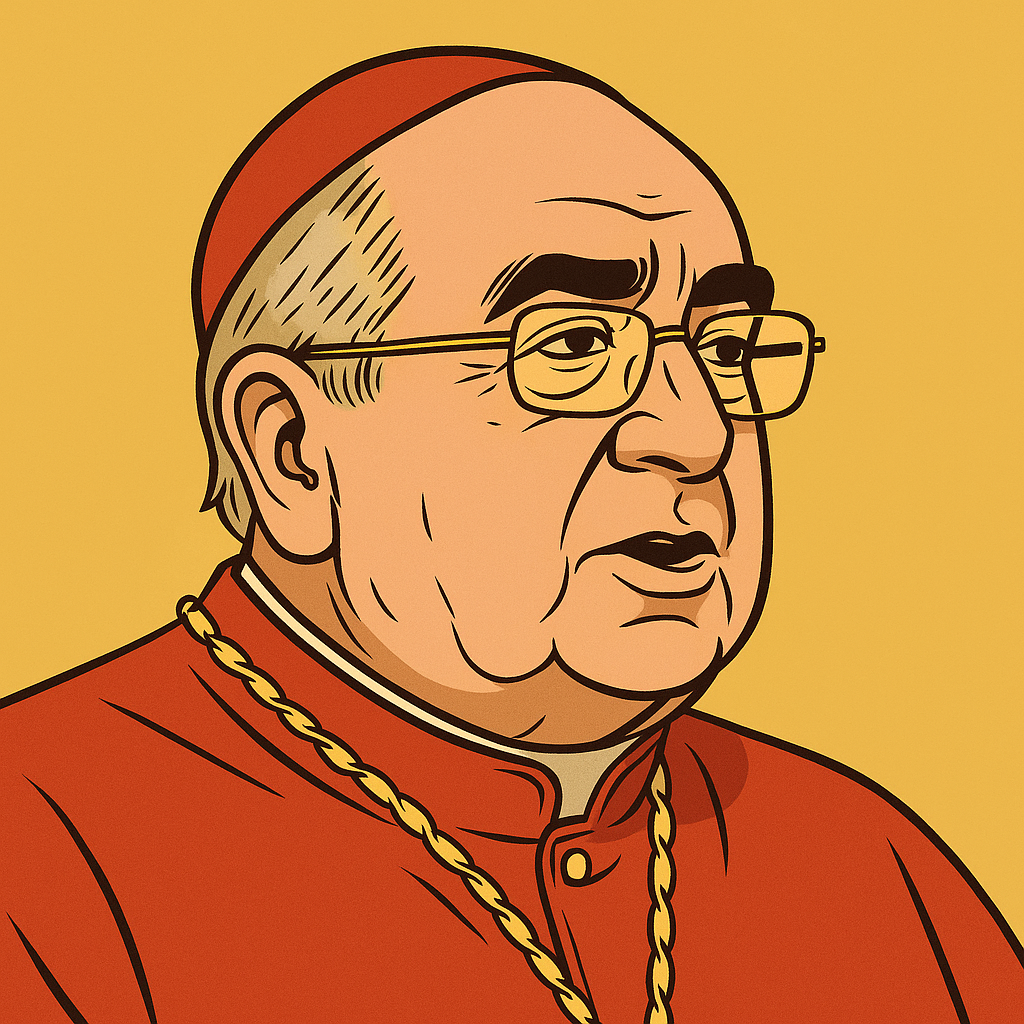
Poland
Polish cardinal, Archpriest of the Basilica of Saint Mary Major, known for his conservative positions and experience in lay ministry, in the tradition of John Paul II.

Germany
German cardinal, former prefect of the Congregation for the Doctrine of the Faith, known for his very conservative positions and vigorous defense of traditional doctrine.

Poland
Polish cardinal, Archpriest of the Basilica of Saint Mary Major, known for his conservative positions and experience in lay ministry, in the tradition of John Paul II.
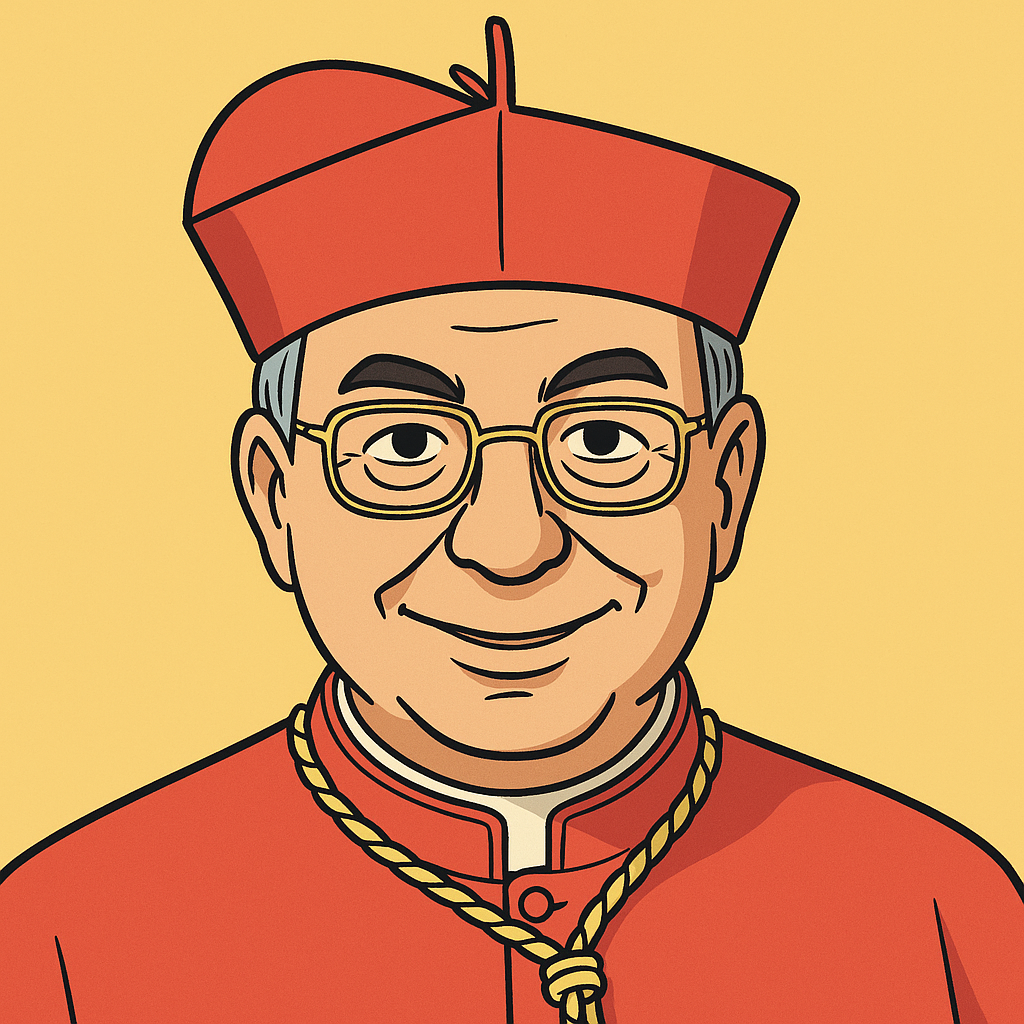
France
French cardinal, Prefect of the Supreme Tribunal of the Apostolic Signatura, known for his legal expertise and traditional doctrinal positions.
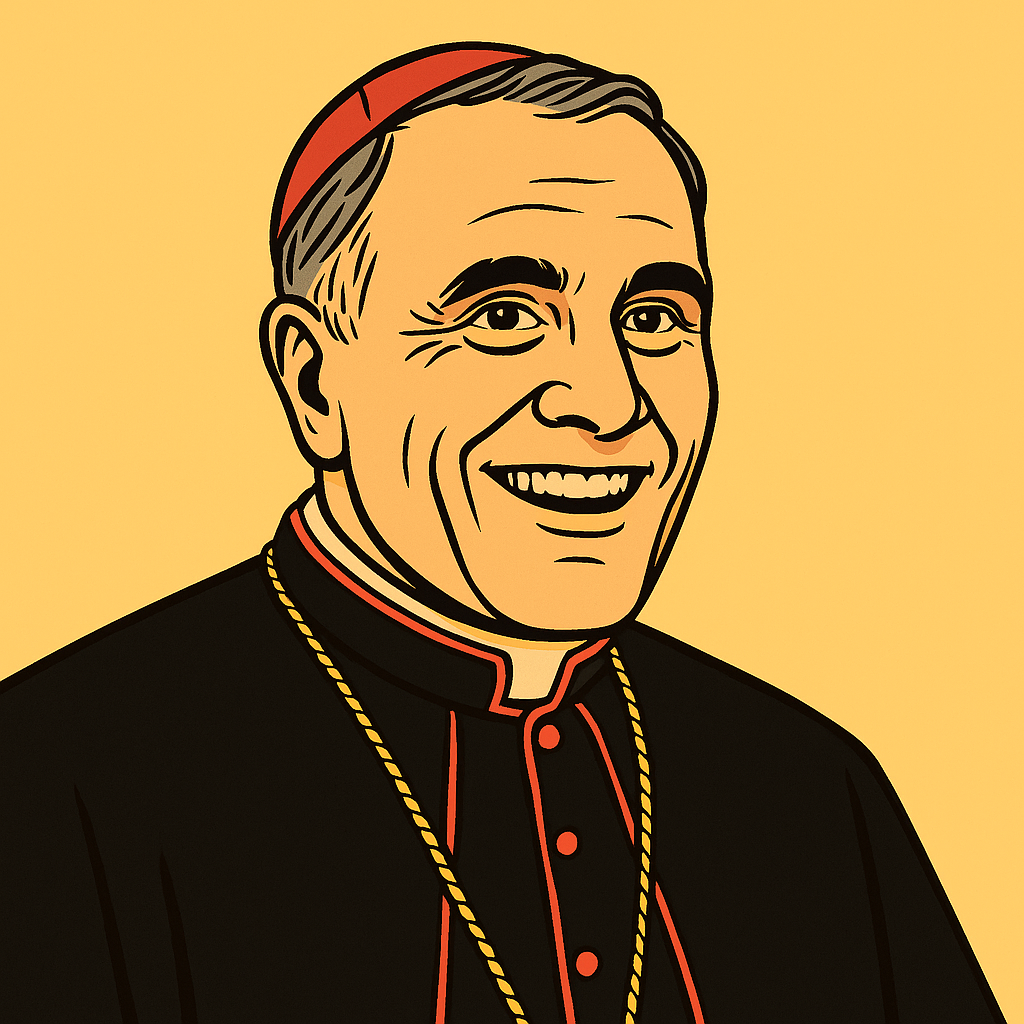
United States
American cardinal, known for his conservative positions on doctrine and liturgy, while seeking unity in a divided ecclesial context.
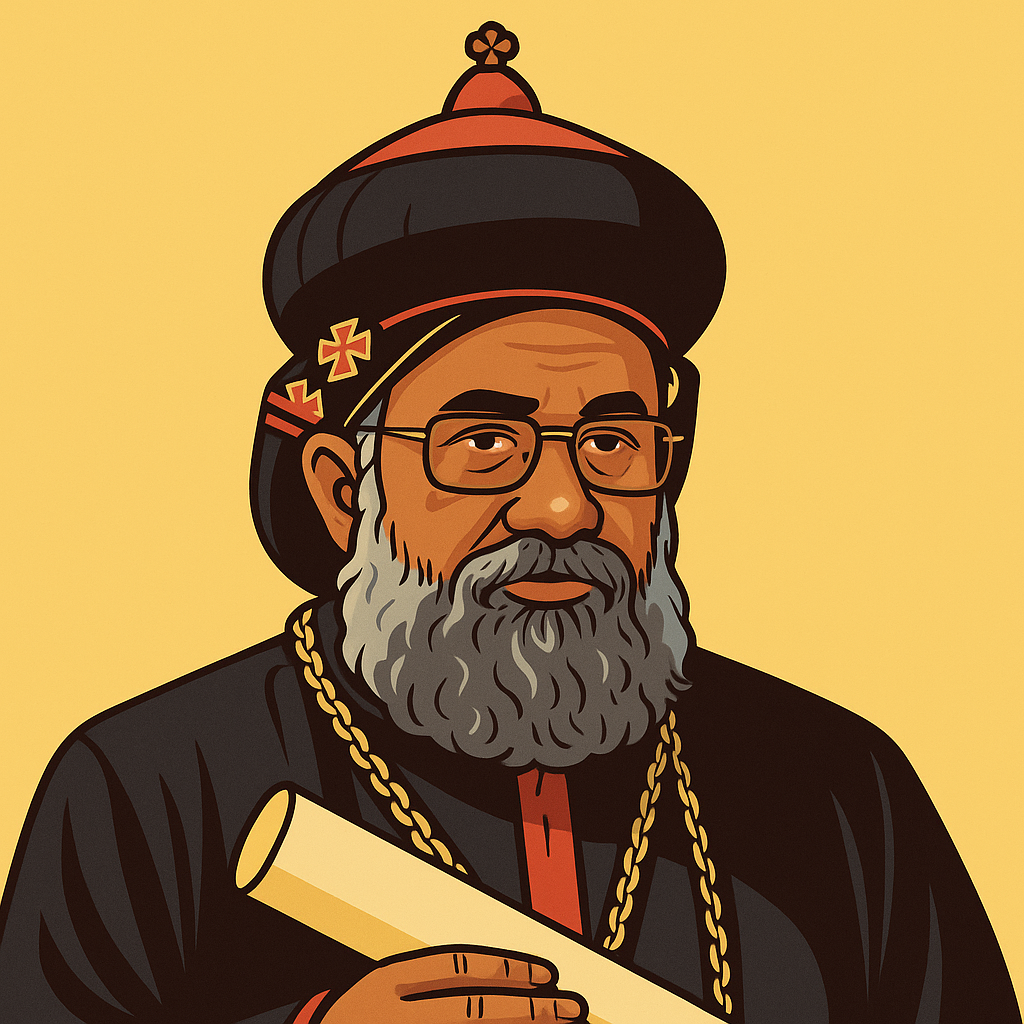
India
Indian cardinal of Syro-Malankara rite, known for his attachment to the Eastern traditions of the Church and his defense of traditional moral doctrine.
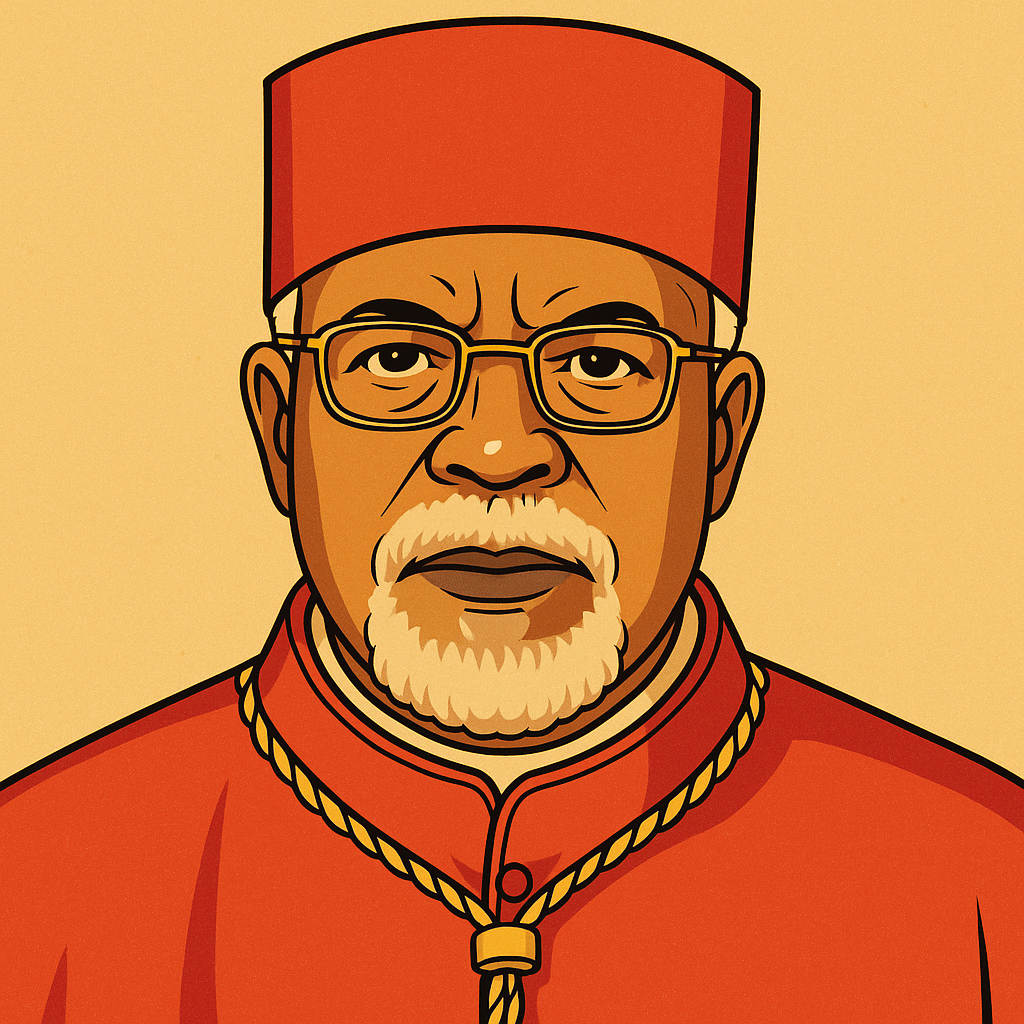
Ethiopia
Ethiopian cardinal of Eastern rite, known for his defense of traditional Church values and his pastoral work in a context of religious tensions.

France
French cardinal, Prefect of the Supreme Tribunal of the Apostolic Signatura, known for his legal expertise and traditional doctrinal positions.

Myanmar
Burmese cardinal, the first from his country, known for his commitment to peace and reconciliation, combining respect for tradition and interreligious dialogue.
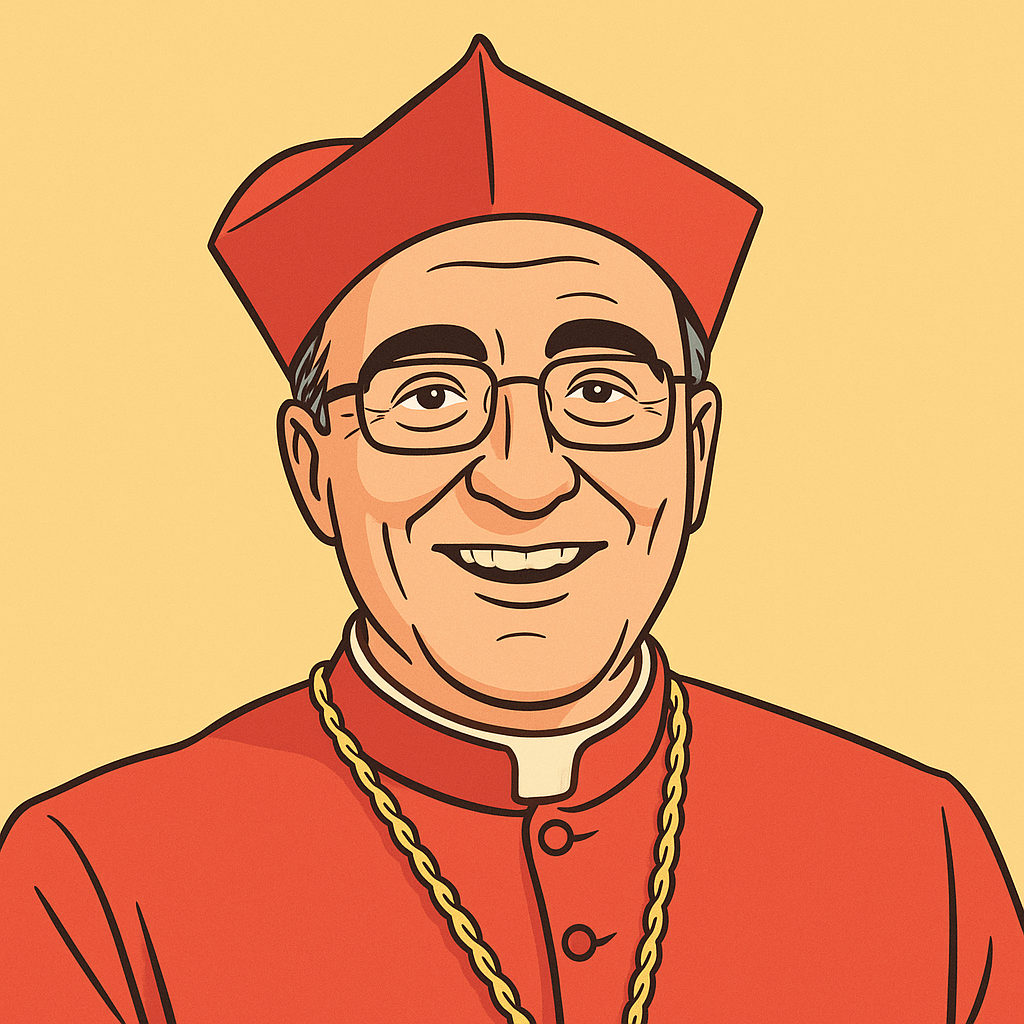
Uruguay
Uruguayan cardinal, Salesian, known for his balanced approach between tradition and renewal, and his commitment to Catholic education.
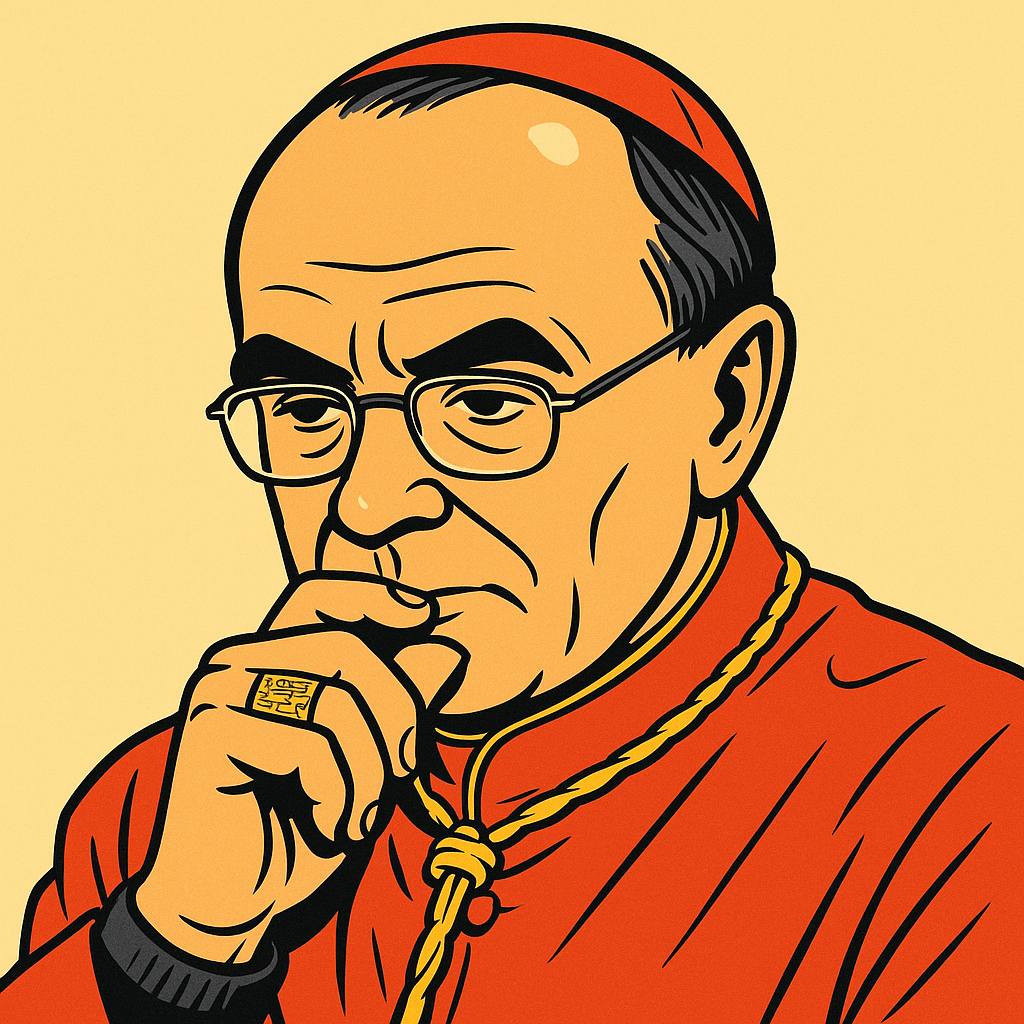
France
French cardinal, Archbishop Emeritus of Lyon, known for his missionary dynamism but whose career has been marked by controversy over the handling of sexual abuse in his diocese.
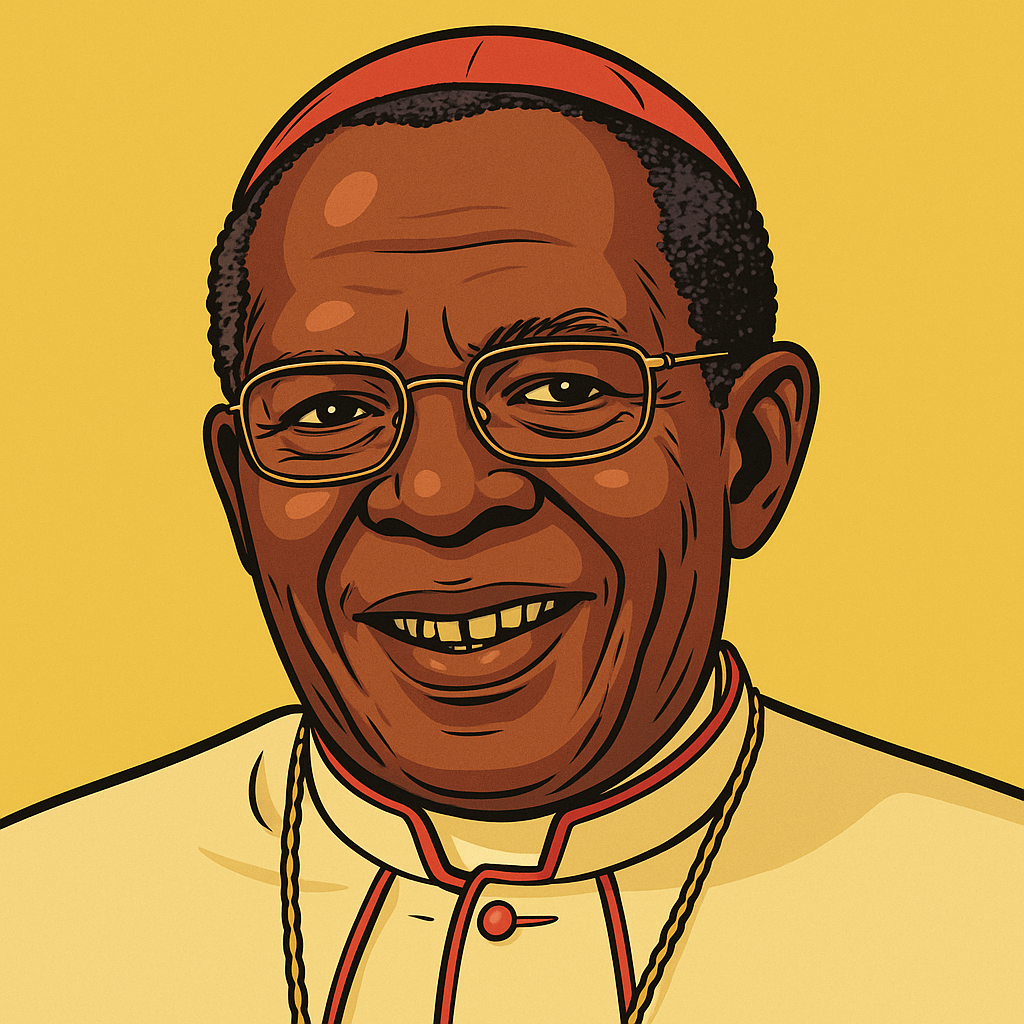
Kenya
Kenyan cardinal, Archbishop Emeritus of Nairobi, known for his conservative positions on moral issues and his leadership in the growing African Church.

Italy
Italian cardinal, Archbishop of Florence, known for his conservative doctrinal positions and intellectual work, while remaining engaged in pastoral dialogue.

United States
American cardinal, known for his conservative positions on doctrine and liturgy, while seeking unity in a divided ecclesial context.

Ethiopia
Ethiopian cardinal of Eastern rite, known for his defense of traditional Church values and his pastoral work in a context of religious tensions.
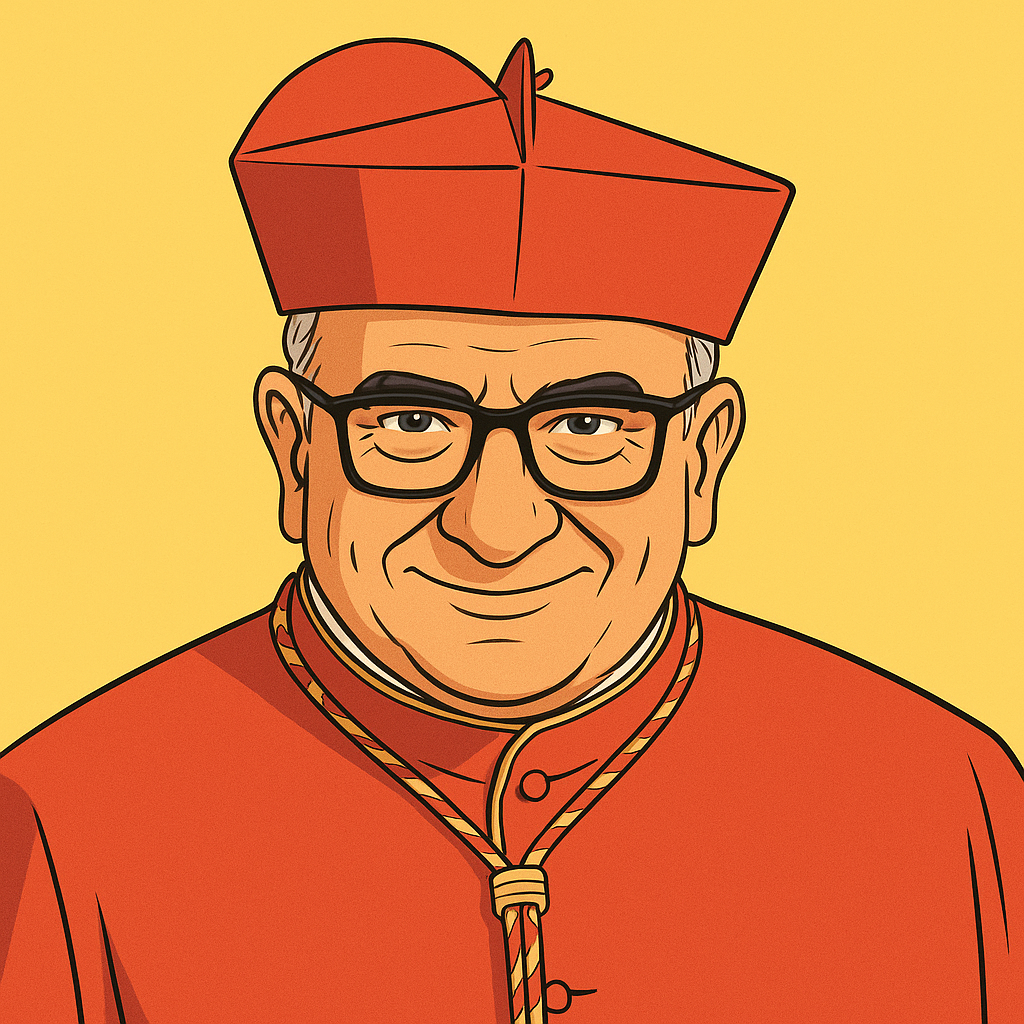
Chile
Chilean cardinal, Archbishop of Concepción, known for his conservative doctrinal positions and commitment to rebuilding trust after abuse scandals.